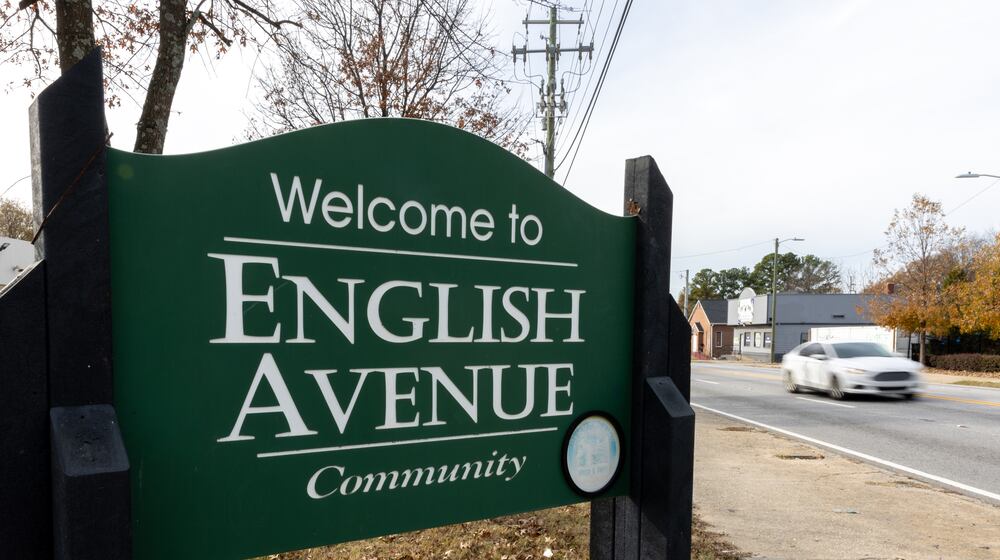Travel industry groups say they will monitor the roll-out of President Donald Trump's new travel ban, looking to minimize disruptions and avoid a drop in overall international travel to the U.S.
Travel demand measured by flight searches from international origins declined 17 percent shortly after the first travel ban in late January, according to travel app Hopper. Flight search demand to the U.S. fell in 94 of 122 countries Hopper analyzed.
That travel ban was halted amid court challenges, leading to the revised travel ban signed Monday for visitors from six Muslim-majority countries. It applies to Iran, Libya, Somalia, Sudan, Syria and Yemen. Travelers with valid visas will be exempted, and the new order does not apply to green card holders.
Attorney General Jeff Sessions said Monday: "Like every nation, the United States has a right to control who enters our country and to keep out those who would do us harm."
U.S. Travel Association CEO Roger Dow issued a statement saying: "The question remains whether the revised order did enough to mollify the prospective traveler from Canada, Europe, or elsewhere around the world who may have been put off by the initial travel ban."
"Unfortunately, it doesn't appear that the administration fully seized the opportunity to differentiate between the potential security risks targeted by the order and the legitimate business and leisure visitors from abroad who support 15.1 million American jobs," according to Dow, whose Washington-based group represents the travel industry.
Global Business Travel Association executive director Michael McCormick issued a statement saying the new travel ban "is an improvement over the January 27th version, as it is narrower in scope and provides greater clarity about those travelers who would not be subject to the ban." He said the exemption for legal permanent residents, dual nationals and current visa holders "will help mitigate confusion fro the international traveling public."
McCormick added: "It will remain a focus of the business travel industry to hold disruptions to a minimum, and we will continue to monitor the implementation of this ban closely."
Atlanta-based Delta Air Lines, the largest carrier at Hartsfield-Jackson, said it expects to receive instructions from Customs and Border Protection on the executive order on immigration.
“Delta is and will continue complying with CBP instructions related to carrying passengers on international flights into the United States,” said Delta spokeswoman Elizabeth Wolf in a written statement.
Hartsfield-Jackson International said airport officials will work with U.S. Customs and Border Protection and other law enforcement agencies “to ensure all applicable laws and directives are followed.”
“It is our goal to maintain the safety, security and operational efficiency of the world’s busiest airport,” Atlanta airport spokesman Reese McCranie said in a written statement.
MORE:
New Trump travel ban has broad implications for Atlanta region
Georgia’s ‘Ellis Island of the South’ braces for Trump’s travel ban
About the Author






